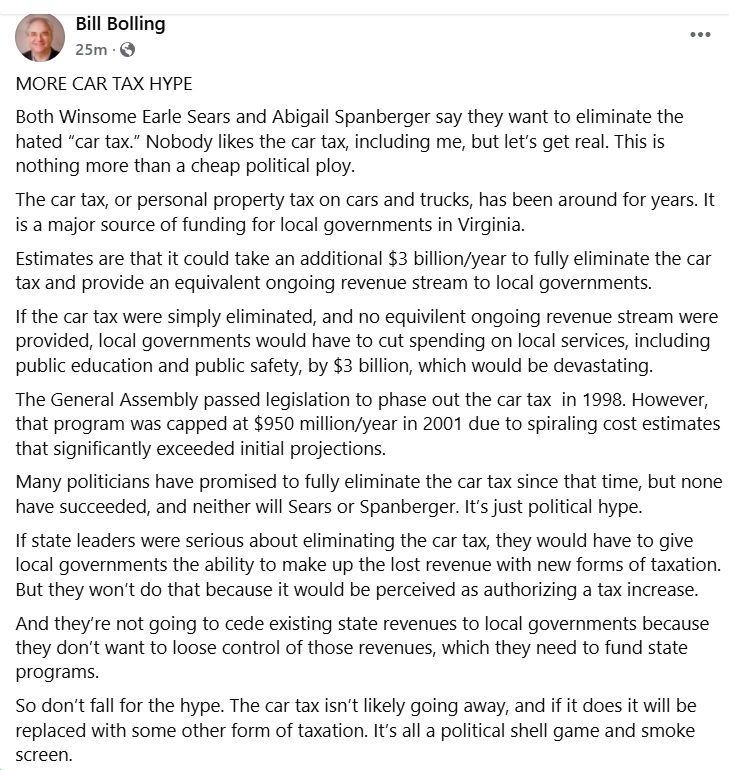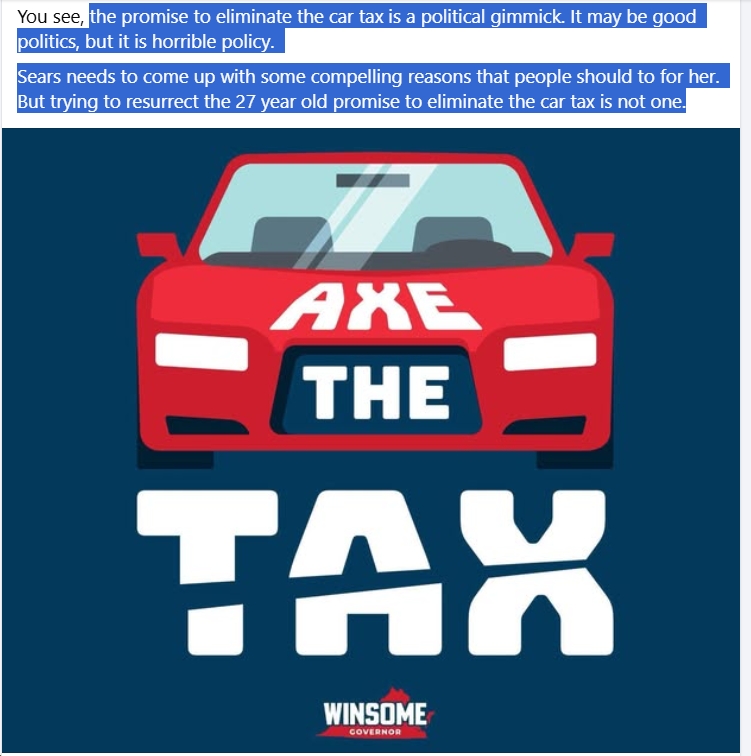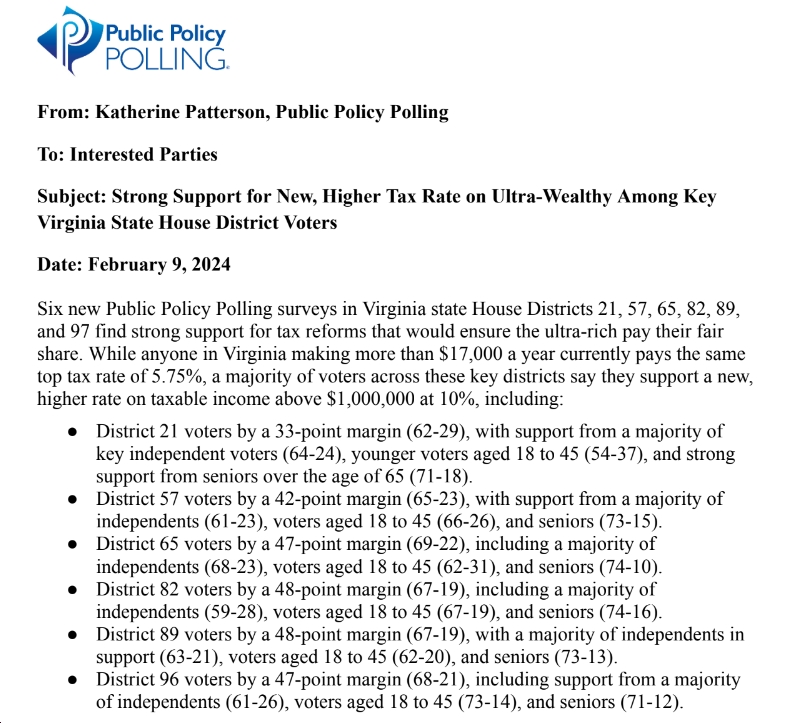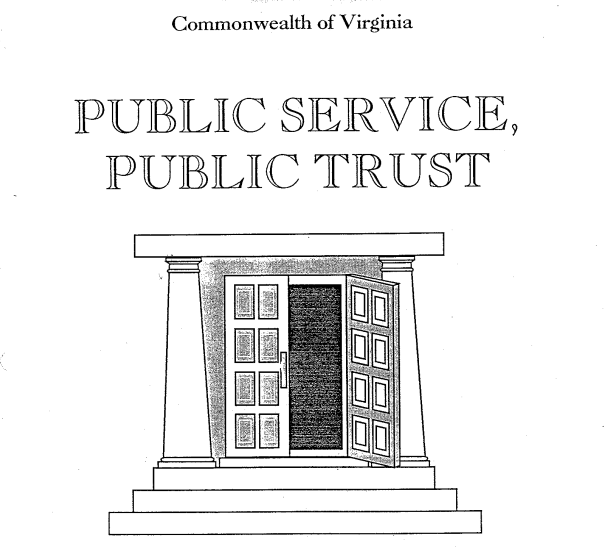See below for video of Del. Vivian Watts (D) speaking this morning in House Finance Subcommittee #3 in support of her bill, HB736, to partly bring back Virginia’s estate tax, over a decade after it was foolishly repealed in the first place. Del. Watts did a great job laying out the reasoning; here are some highlights:
- “I find when we’re talking about the estate tax that there is a lot of misinformation out there, a lot of sloganeering, and I wanted to make sure that as I presented it with the hope that it can go forward on the progressivity that we are talking about, that it will be done so on the facts of the matter, rather than again the kind of headlines that we have seen over the years.”
- “No estate under this bill, or any part of any estate under $11.5 million, will be taxed. None. At all.”
- “Fewer than 20 estates in Virginia will be affected per year.”
- “It does not apply to closely held businesses or farms.”
- “There’s going to be absolutely no tax on a surviving spouse. In fact, if the ownership is split between the husband and wife, the estate tax could only be on amounts over $23 million.”
- “Why has the federal estate tax survived, even under major Republican-controlled tax reform? The reason is that the estate tax is the only way to tax the capital gains of the very rich that every other taxpayer of more modest means pays.”
- “Any asset passed on at death is inherited at the asset’s current value. No one will ever pay the capital gains tax on the increased value since the asset was attained.”
- “For the very rich, this loophole becomes a very large inequity for the literally 99.9% of the other Virginia taxpayers. Because the tax is only on the amount over the exclusional limit, the effective federal estate tax rate is substantially lower than the statutory rate of 40%. For example, an estate worth $15 million will only pay the estate tax on $3 million, or about one-fifth of the of its total assets, and therefore the rate’s in the neighborhood of about 8 percent. The capital gain rate for everybody else is typically at 15%, sometimes as high as 20%.”
- “The fiscal impact statement for HB 763 estimates that this capital gains loophole allows the very rich 1/10 of 1% of Virginia taxpayers to escape paying well over $50 million a year.”
- “Members of the committee, I would submit that this is a very important step to take on the issue of lack of progressivity of our tax system.”
The Commonwealth Institute supports bringing back the estate tax, because it’s “a way to prevent unrealized capital gains of the very wealthiest estates from entirely falling through the cracks of our state tax system…this would only affect fewer than 0.1% of all estates…over half of [assets held by the largest estates] were unrealized capital gains.”
In the end, for whatever reason(s), Del. Watts asked that her bill be “carried over” until next year. That’s disappointing, because Virginia badly needs to bring this tax back ASAP, both for the progressivity aspects and also, of course, for the tens of millions of dollars in revenues it will bring in, money that could be spent on education, health care, transit and many other priorities. Finally, note that Del. Watts’ estate tax proposal is far more lenient than the previous Virginia estate tax, which brought in something like $120 million per year. So this is far from a radical idea, but instead is about the best tax the government can impose, given the need for revenues…
















